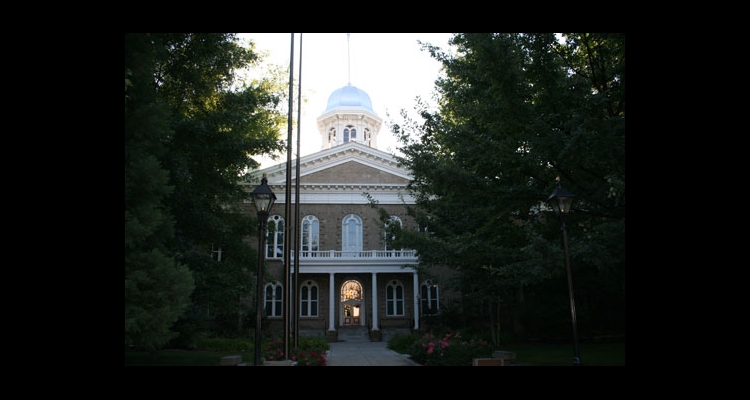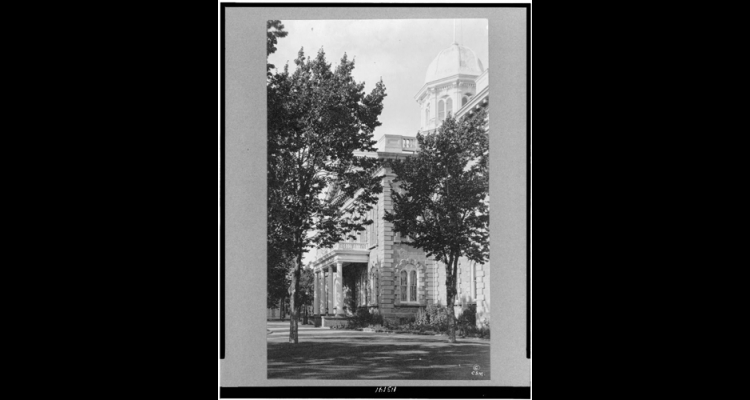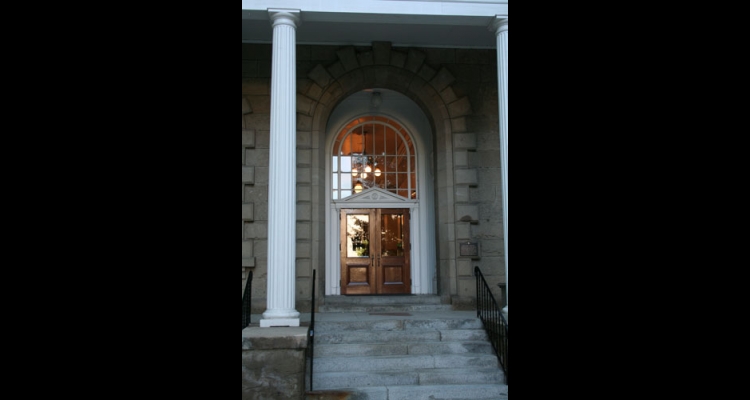Legislative Branch of Nevada
Article 4 of the Constitution of the State of Nevada vests Nevada's legislative authority "in a Senate and Assembly, which shall be designated 'The Legislature of the State of Nevada,' and the sessions of such Legislature shall be held at the seat of government of the State." Since it was first approved in 1864, the constitution (article 15) has provided that Nevada's seat of government be located in Carson City.
Under the doctrine of the separation of powers, legislative power cannot be delegated to any other branch of government in Nevada. The concept of a representative democracy is most clearly embodied in the legislative branch, which is composed of twenty-one senators and forty-two assembly members. Because of its size and the manner in which its members are elected, the legislature is the branch most directly and immediately responsive to the popular will. The voice of the people is a primary source of its strength and influence among the three branches.
In addition to the election of representatives, the legislature also has provided the people with the opportunity to enact, amend, or repeal laws and constitutional provisions through referendum and initiative. Since 1904, the state constitution has provided for a referendum, whereby the people can petition for a vote of approval or disapproval on a statute or resolution previously approved by the legislature. In 1912, the state constitution was further amended to allow the people to circulate initiative petitions to start an alternative process of enacting or amending laws and constitutional provisions.
Many consider the state legislature as Nevada's foremost political institution: it not only enacts laws; it maintains the "power of the purse." The legislature establishes a biennial state budget and makes other appropriations during each legislative session. It establishes departments, boards, commissions, and bureaus, and defines the scope and extent of their powers and responsibilities. The legislature also regulates the activities of these state agencies by granting or denying them the authority to hire employees and expend public funds. In addition, the legislature sets down the fundamental rules of government in Nevada in the form of administrative procedures, acts, civil service rules, and election laws.
As in other states, Nevada's legislative mechanism has three basic components. First, it operates under a legal process that is governed by constitutional and statutory provisions, which occasionally are interpreted by the judicial branch. Second, the legislature and its houses and committees function under a parliamentary process that is governed by a host of laws, rules, and procedures. Mason's Manual of Legislative Procedure provides guidance on parliamentary matters when not inconsistent with or provided by law or legislative rule. The third, and perhaps most important component, is the political process. Under this process both legislators and non-legislators, such as the governor, lobbyists, and concerned citizens, all contribute to and compete for power and influence within the legislative structure.
Article Locations
Related Articles
None at this time.
Further Reading
None at this time.


